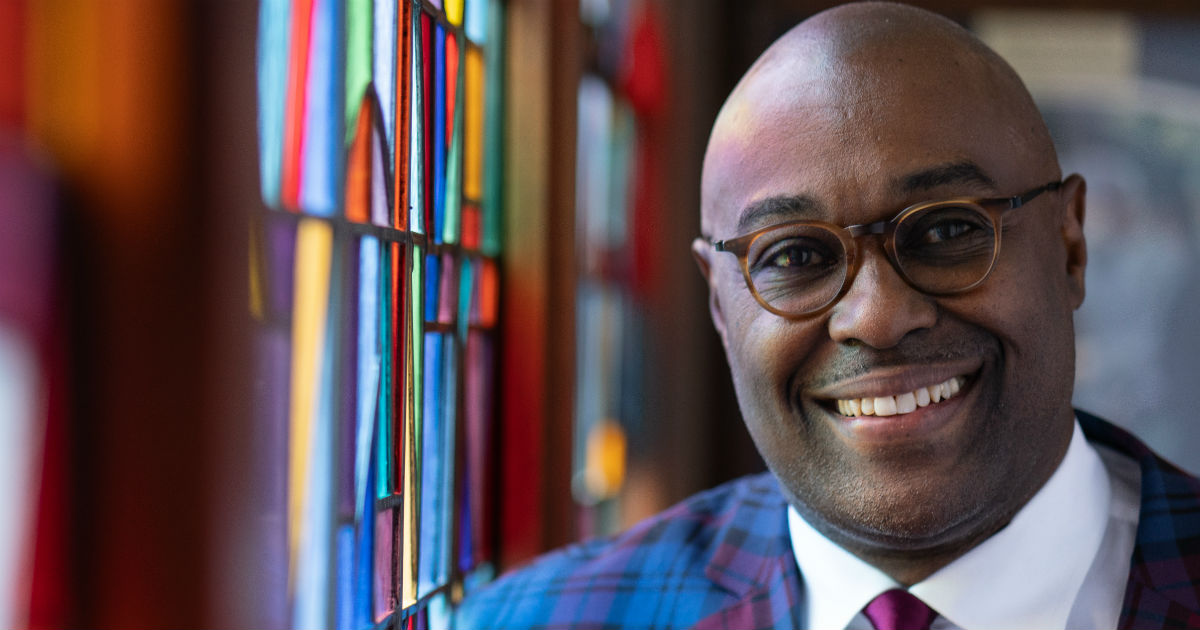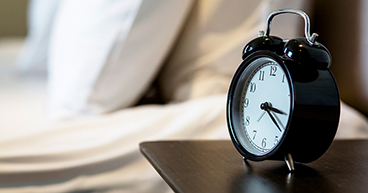
By Rev. Percy McCray Jr.
If you or someone you care about has been diagnosed with cancer, you should know that it is very common for cancer patients to feel they deserve their cancer or that they are in some way to blame for their cancer.
Whenever something bad happens in life, our human response is to wonder why. Often, we assume it happened for a reason—and we look for something or someone to blame.
You do not deserve cancer
Far too often, cancer patients blame themselves. They feel responsible for bringing this disease upon themselves. On some deep level, they may fear it is the harvest of bad seeds sown. They have sinned and now God—or fate or karma or the universe—has given them exactly what they deserve. Some cancer patients may blame themselves for causing their disease by their poor lifestyle choices or other bad decisions. If they had only done something differently—if they had changed their behavior—then they would not have this cancer.
Certainly, if someone who has spent a lot of time in the sun develops skin cancer, it is easy for them to conclude that they brought the cancer upon themselves. If only they had applied more sunscreen, perhaps they would not have this cancer! Yet, there may be people who spend all day working in the blazing sun—perhaps without ever using sunscreen — and yet they do not get cancer.
In the same way, if a life-long smoker is diagnosed with lung cancer, it is natural to speculate that the smoking habit contributed to the disease. Yet, there are many people with lung cancer who have never smoked a single cigarette in their lives—and there are countless smokers who have never developed cancer.
The fact is that anyone can get cancer. It is a complicated disease, with many causes and many unknowns. Cancer may be more commonly diagnosed in older people, but patients of any age can get cancer—including the youngest of children.
Sometimes, cancer may involve a genetic predisposition. Sometimes, doctors have no idea what caused the cancer.
It is true that certain lifestyle choices may increase cancer risk. We know that eating a healthy diet, exercising regularly, moderating alcohol consumption, limiting exposure to the sun and not smoking may lower the risk of developing certain kinds of cancers. But if cancer was 100 percent preventable, most of us would take steps to prevent it.
You are not to blame for your cancer
Other people can inadvertently add to a cancer patient’s feelings of guilt. They may imply a degree of blame or even state it directly. Their comments may be well-intended or merely thoughtless.
“That’s why I always use SPF 50.”
“What did you expect? You eat all that fast food, and you never exercise!”
“I just read something online about how negative emotions can be deadly.”
“My grandmother was a heavy smoker, too.”
People will say what they say. Your cancer diagnosis may have heightened their personal fears or stirred up other issues. But what does their opinion really mean to you? They do not know what caused your cancer.
If you have cancer, this is a time when you will want to be very intentional about who you listen to, what you read, and what you take to heart. What you need now is encouragement and hope—not speculation or judgment.
You need to stay positive. No matter how you may be tempted to feel or what anybody else says, keep in mind that no one deserves cancer—and no one is to blame for cancer. What we do know is that cancer is your enemy.
Do not look back—always look ahead! Focus your faith and your hope on the future. Then, take one step at a time to move toward healing and wholeness.


